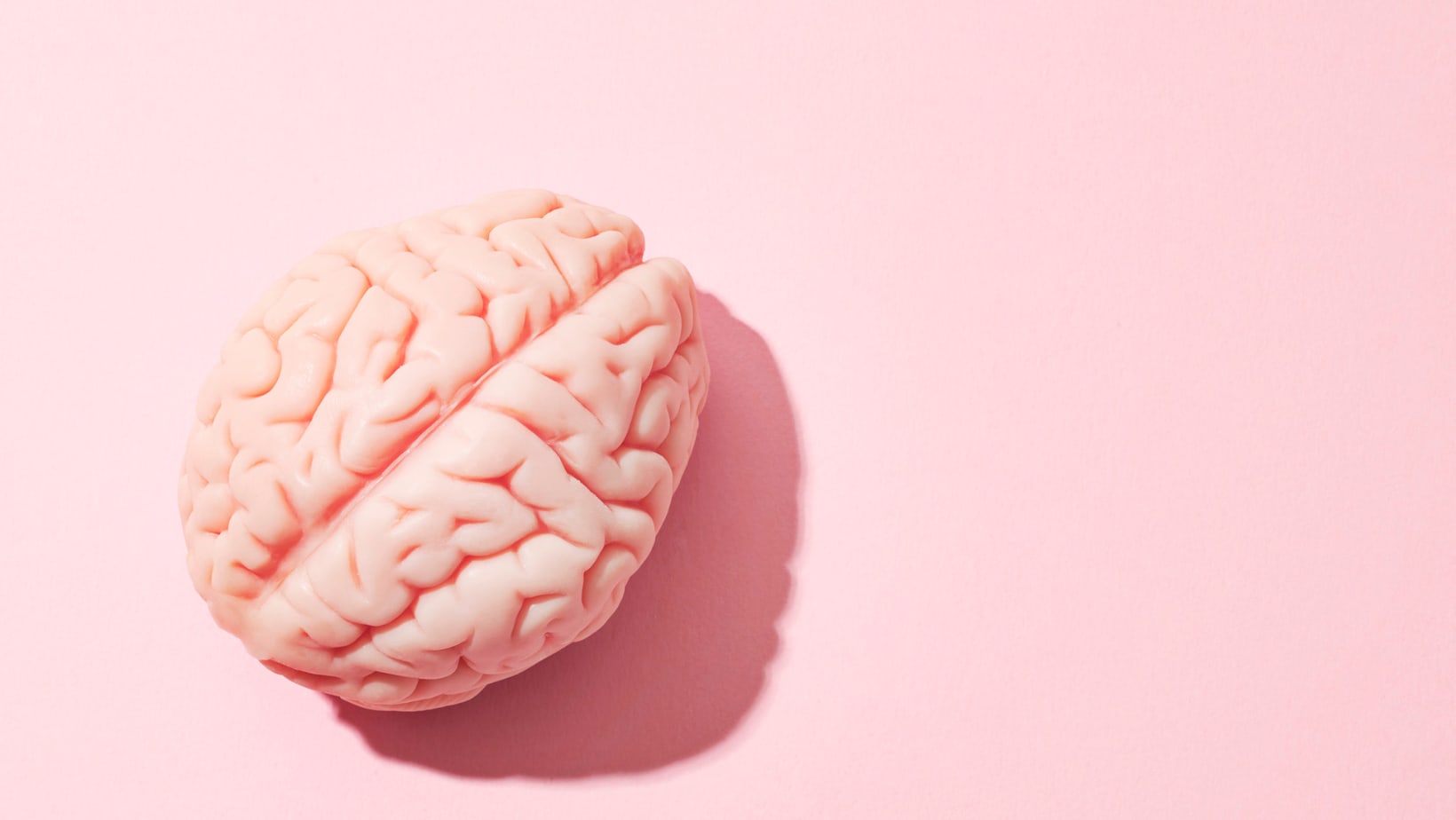8 self-care tips for Mental Health Awareness Month

Come one, come all: in case you missed the memo, May is Mental Health Awareness Month.
Since most people agree that taking care of one’s mental health should be at the very top of any self-respecting to-do list, do take a moment to consider the following 8 self-care tips this May—or any day at all.
1. Keep mindfulness in mind
Let’s face it, we all face anxiety and stress to varying degrees. But mindfulness techniques like meditation and breathwork can be an immense help in the struggle to reduce anxiety. If you crave a little guidance, do a bit of research to find a quality meditation/breathwork teacher well-suited to your needs and goals. And if your relationship to stress is clearly correlated with your sex life or relationship, you might explore mindful or tantric sexual practices, and/or mindful masturbation.
2. Make meaningful connections
Having a solid support system in place is crucial to mental and emotional health. Reach out to friends or family you haven't spoken to in a minute, enroll in a class, build community and solidarity with likeminded people (i.e., by celebrating Pride!), or consider joining a support group relevant to what you’re going through. It should go without saying that improving communication with your romantic/sexual partner(s) can also go a long way toward strengthening your sense of connection, thereby improving your overall mental health.
3. Sleep well
Sleep plays a crucial (crucial!) role in mental health, so do make sure you’re getting enough each night, ok? Having trouble catching those Zzs? Consider an orgasm: climaxing can help you sleep better, because after you cum, the body releases uber calming hormones like oxytocin and prolactin, which induce pleasant feelings, trigger drowsiness, and pack you off to dreamland with ease. Bonus tip: sleep naked for extra benefits like increased metabolism, better vaginal health, and a higher likelihood of morning sex, if that’s your jam.

4. Eat right
Eat well, feel well. While you can hardly boil mental health down to anyone ingredient, the food you eat can certainly contribute to your state of mind and overall wellbeing. For instance, dietary choices can help you detox, balance your hormones and blood sugar, reduce inflammation in the body, and even restore your libido—all of which play a direct role in your mental state. When in doubt, veered toward foods that are whole, organic, and green. Be sure to stay hydrated and avoid overdoing alcohol, caffeine, or anything processed.
5. (S)exercise
Exercise is a great way to improve mood and reduce stress. Aerobic exercises like jogging, swimming, cycling, walking, gardening, and dancing have been shown to reduce anxiety and depression, thanks in part to an exercise-induced increase in blood flow to the brain and an influence on our physiologic reactivity to stress. So find a physical activity you enjoy and make it a part of your routine. Not the sporty type? Never fear, because sex counts too: by reducing our levels of the stress hormone cortisol, sex makes us feel happier, simply.
6. Masturbate
In addition to being Mental Health Awareness month, May is also masturbation month, and the lead-up to National Masturbation Day on May 28! Coincidence? I think not. The fact is, masturbation provides a wide range of mental health benefits—from pleasure, to joy, and much-needed distraction. For some, it can even act as an empowering way to reclaim the body following a traumatic experience like sexual assault. And for those raised to view sex as shameful, a healthy masturbation routine provides a golden opportunity to get better acquainted with your body in a loving way.
7. Limit screen time
While it’s true that we are unquestionably living in the tech era, the reality—which many of us have discovered the hard way—is that too much screen time can have a negative impact on mental health. From the adverse health effects of a too-sedentary lifestyle, to the social isolation engendered by too much device use and not enough human interaction, the links are numerous and run rather deep. Do your best to limit your use of devices and be sure to take breaks throughout the day to stretch, breathe, hydrate—and if it’s an option, get some sun on your face.

8. Get help when you need it
If you find yourself struggling with mental health concerns, never hesitate to seek help from a mental health professional—there is zero shame in doing so. If you've never seen a mental health provider before, you may not know how to find one who meets your needs. These tips can help you narrow down your search and hone in on a practitioner well-suited to your specific case, be it a psychiatric mental health nurse, a sex therapist, or anything in between. The right counselor or therapist can provide invaluable guidance and support to help you manage your symptoms and ultimately get to a better place. You got this!
Happy Mental Health Awareness Month to all, y’all. <3